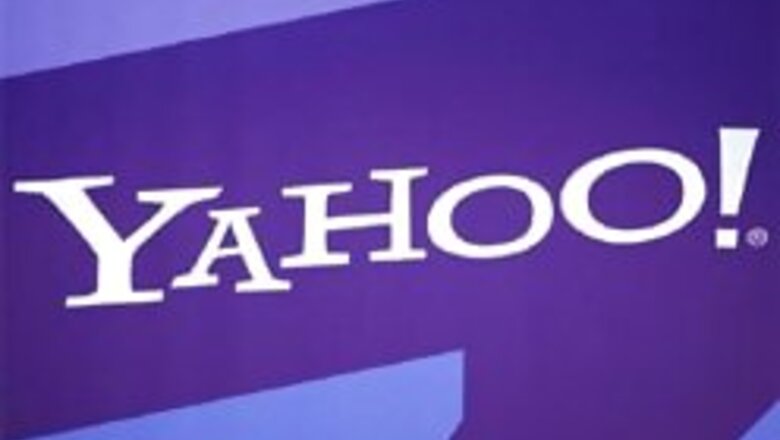
views
Seattle: Yahoo Inc's purple T-shirt and jeans-clad employees could soon be shopping for dress-shirts and khaki pants.
If Microsoft Corp manages to buy the ailing Internet icon, it faces a clash between Yahoo's free-wheeling corporate culture and Microsoft's more button-down workplace, where even casual meetings often require PowerPoint slides.
That culture clash is just the beginning of the challenges ahead for Microsoft if its $45 billion offer is accepted.
First and foremost, Microsoft must convince Yahoo's best and brightest to bury years of Silicon Valley animosity toward its wealthier neighbor to the north and work together to fight a common enemy: Google Inc.
Meanwhile, Microsoft's top brass will have a Noah's Ark of a Web company -- with two of everything -- that needs to be molded into one cohesive brand.
"It's definitely going to be a long process," said Toan Tran, analyst at Morningstar, noting Yahoo's own restructuring adds another layer of complexity to what already would have been an arduous integration.
Microsoft Chief Executive Steve Ballmer launched his charm offensive on Friday, telling a conference call for analysts that Yahoo employees should be "very, very excited" about Microsoft's offer and that the two companies share a common vision on the Web and will be more competitive together.
The Redmond, Washington-based company tends to breed aggressive executives in the mode of Ballmer, who rarely shies away from a fight, while Yahoo advertises its "irreverence" to prospective employees on a job site, saying "We yodel."
Analysts worry about employees wary of Microsoft leading an exodus of Yahoo talent to Google and others because, unlike mergers of companies with fixed assets and valuable patents, Yahoo's prime asset may be its people and their Web expertise.
"If you are a brainiac engineer within search or any other division within Yahoo, do you want to get usurped into a Microsoft culture where maybe they don't care as much about the Internet?" Bear Stearns analyst Bob Peck said on a call with clients.
"Culture clash will be one of the big things." The two companies tend to view the world in fundamentally different ways. Sunnyvale, California-based Yahoo has always been a Web company, while Microsoft's roots are in selling software that runs on a computer's hard drive.
Microsoft Office and Windows are its core products, providing the bulk of the company's profits. By contrast, its online services division has not turned a profit in two years.
The biggest challenge of all may be how to integrate two companies with significant overlap in Web properties. Analysts questioned whether a joint MSN/Yahoo can maneuver fast enough and make the right decisions within the Microsoft bureaucracy to slice and dice overlapping products like Web e-mail and instant messaging. Yahoo Mail and Microsoft's Hotmail are the No. 1 and No. 3 US Web e-mail companies. Microsoft said it expects to be able to drive $1 billion in "synergies" from joining resources in engineering and research and development, reducing capital expenditures and reducing area of overlap. With so much money at stake, and a potentially long integration, analysts said Microsoft can not afford to repeat some of its past mistakes made in carrying out plans. In recent years, Microsoft's Web services business has undergone a series of management shake-ups and strategic shifts.
It has posted a loss in eight straight quarters and the company says the unit is still in an "investment phase." "What happens when you take a company with a fair to middling performance online and it is the acquirer of a company that has done pretty well historically. Are they going to be able to execute?" said Matt Rosoff, analyst at independent research firm Directions on Microsoft.
A criticism often lobbed against Microsoft is that it confuses consumers with too many Web services brands such as Windows Live, Hotmail and MSN.
Adding Yahoo to the mix would only complicates things. Yahoo, like most of the world's biggest Internet companies, runs many of its services on so-called "open-source" software created by volunteers in the industry. This software is a principal rival to Microsoft Windows and Exchange software.
And Yahoo paid $350 million last September to buy Zimbra, an open-source maker of Web-based e-mail, calendar and collaboration software, that is considered a major rival to Microsoft's Outlook franchise. Morningstar's Tran, who argues the two companies should spin out their Web assets into a separate company, said Microsoft will be pulled in too many directions with different parts of the company seemingly at odds with one another.
"Swallowing Yahoo whole into Microsoft is just not going to work," Tran said.


















Comments
0 comment